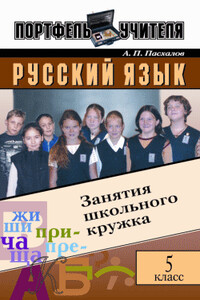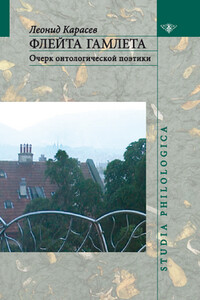Английский язык c дружелюбным скелетом. Легенды североамериканских индейцев | страница 23
), and in that was his deceit (и в этом был его обман). Howbeit it was well for the world and well for him (как бы то ни было, удачно было для мира и удачно для него) that he then gathered bulrushes (что затем он насобирал камышей) and smote his younger brother (и ударил своего младшего брата; to smite — ударять, бить), so that he died (так, что тот умер). But the plant never grew that could harm the Master (но так и не выросло растение, что могло бы поразить Хозяина), wherefore he is alive to this day (поэтому он жив до сих пор: «до этого дня»).
gather [`gxDq], dead [ded], therein [Deqr`In], truth [trHT], recover [rI`kAvq], deceit [dI`sJt], plant [plQ:nt]
And then the younger, having gathered the down of bird's feathers, struck the elder, so that he fell dead, and therein he told the truth. But he soon recovered, and in that was his deceit. Howbeit it was well for the world and well for him that he then gathered bulrushes and smote his younger brother, so that he died. But the plant never grew that could harm the Master, wherefore he is alive to this day.
Who was his mother (кем была его мать)? The female Turtle was his mother (его мать была Черепахой; female — женский, /особа/ женского пола; самка).
The Master was the Lord of Men and Beasts (Хозяин был Господином Людей и Животных/Зверей). Beasts and Men, one as the other (Животными и Людьми, одними, как другими = и первыми, и вторыми), he ruled them all (он правил ими всеми). Great was his army (велика была его армия), his tribe was All (/и/ народом его были Все). In it the Great Golden Eagle was a chief (в нем /в этом народе/ Великий Золотой Орел был вождем); he married a female Caribou (он взял в жены женщину-Карибу[3]). The Turtle was Glooskap's uncle (Черепаха приходился Глускапу дядей); he married a daughter of the Golden Eagle and Caribou (он взял в жены дочь Золотого Орла и Карибу). Of all these things there are many and long traditions (от всех этих существ и /пошли/ многочисленные старинные традиции; long tradition — давняя, старинная традиция). Our people tell them in the winter by the fire (наш народ рассказывает их зимой у огня): the old people know them (старики: «старые люди» знают их); the young forget them and the wisdom which is in them (молодые забывают их и ту мудрость, которая /заключена/ в них).
female [`fJmeIl], turtle [tq:tl], master [`mQ:stq], daughter [`dLtq], caribou [`kxrIbH], tradition [trq`dIS(q)n]




